On May 26, the League of Legends Championship Series Players Association announced new player leadership and board of directors led by Executive Director Phil Aram; the former CGO and COO of Evil Geniuses.
Cloud9 Academy top laner Darshan Upadhyaya will continue his role as President, while Team Liquid support Jo “CoreJJ” Yong-in and Dignitas Academy top laner Samson “Lourlo” Jackson will step in as vice presidents. The new board consists of Stephen Ellis (CEO, Pipeline), Lauren Gaba Flanagan (Founder & Partner, Theorycraft), Ryan Fairchild (Attorney; Brooks, Pierce, McLendon, Humphrey & Leonard, LLP).
Riot Games unveiled the LCS PA in 2017, alongside the new franchise system that would launch in 2018. The PA’s newly revitalized leadership team will focus on protecting player rights, improving communication systems and resources, increasing player participation and enhancing transparency for both players and fans. Ahead of the announcement, Upcomer spoke with Aram about how the LCS PA plans to build a sustainable PA for both current and future pros.

Organization and communication
Aram, who possesses a background in political organizing, wants to help build a more organized and communicative LCS PA. Since Riot will no longer be funding the LCS PA, they’ll be using funds from previous years as runway while working towards full sustainability.
While it will be challenging, at first, to increase overall player involvement, Aram believes it all starts with meeting the players where they are. According to Aram, educating players and making sure they’re knowledgeable about various issues will be key. He believes that it’s on the PA to provide necessary resources foe LCS players. His role is to be an advocate for the players and deliver on the things they need to be successful.
“The average player in the LCS is not that different from a rookie or first or second year player in the NBA; where formerly there was a lot of concern about professionalism,” Aram said. “The NBA did a lot of work with the rookie player symposium, and different engagement activities in coordination with the NBA PA, to really build their program; to support players from an early age in their league and their development pipeline to understand their rights; the pitfalls of being a professional and how to navigate that world. I think that’s one of the projects that we’ll have to build on and work towards.”

Aram recognizes that the esports industry is in a unique situation compared to traditional sports. There’s a separate entity — Riot — involved in these conversations outside of teams and players. Rather than a two-party system, a triumvirate exists. This calls for all three groups to build good relationships and ensure that players have the best possible representation.
“I think that we’re going to be able to work really well with them; to help be an advocate and help to enact policy,” Aram said. “There’s already things that I’ve been talking with folks at Riot about; I’m really excited to work on them and bringing them into play will be really positive for players.”
Going forward, Aram believes it to be crucial for these parties to have efficient ways to share information. This would ensure that this working relationship succeeds. During initial conversations with Darshan, Aram identified moments that he’d felt the PA failed to live up to its potential. This was in part due to things getting lost in communication.

“One situation that came up repeatedly was the return to play vote from a year ago, during when COVID hit,” he said. “Riot and teams really wanted to get the games going again, and eventually decided to. I think, shortly after announcing that, word came out that there had been a vote where players voted not to play. But then, of course, everyone was playing. I think it made the Players Association, in particular, feel somewhat ineffectual. They had this vote and, clearly, that vote had no teeth to it. I think Riot didn’t feel great about the situation because they felt like they looked like they ignored players’ will. This is not something that they want.”
To prevent issues like this from arising again, Aram plans to develop systems that get faster feedback from players across all teams. Rather than using polls to make big decisions, resources will be poured into communication structures involving good rapport with Riot representatives, in-person conversations when possible, and regular check-ins with Riot and teams. This will prevent things from falling through the cracks.
“It takes a lot of daily organizing work to make sure that players are checked in with and understand what’s top of mind,” Aram said. “They’re able to have an avenue to bring an issue forward so that we can get updated. We need to know about things like SolaFide as it’s happening and not be responding after the fact. We should be first-line defenders for those actions and for many other types of things that occur, positive or negative.”
Creating transparency
I think the best way for NA to be competitive with other regions is focus on how we can improve our practice and our approach to it. Thanks to Travis for the interview https://t.co/IbixzfjoUQ
— Darshan (@DarshanU) March 4, 2021
While full transparency isn’t always possible, being more communicative on channels like Twitter and reddit is a worthwhile goal for the LCS PA. It’s important that the LCS Players Association is able to share players’ stances on big issues. An example of this is the recent discussion around import rule restrictions. Aram believes that the LCS PA could have helped demystify the conversation. This could start with encouraging players to use their voice. In an interview with content creator Travis Gafford, which released on March 3, Darshan confirmed that certain players were being kept from speaking publicly on this issue by their respective orgs.
“Telling players that you can’t speak to issues that affect their livelihoods — it’s just not… it’s not acceptable,” Aram said. ” It’s not ethical at a baseline level, to try and restrict someone that way. So yeah, we feel strongly about that. I think those are pretty straightforward issues.”
In just over a month in his new role, Aram shared that, while he has a good sense of where player leaderships’ heads are, he hasn’t yet spoken with enough players to feel confident that the LCS PA has a consensus platform of issues at this time. The biggest factors in building that will be transparency and accountability.
“We know that the perception of the LCS PA, in the past, has been that it only does a couple things in a year, is somewhat inactive. It misses the ball on a few things and we want to be mindful of how we keep engaging with the community,” he said. He also stated that “players and fans are really closely attached at the hip, so anytime that we’re able to increase our education of players and help bring fans behind the veil on issues, it’s always gonna be a benefit to us.”
The future of the LCS PA

At the end of the day, a successful players association is like a good referee, according to Aram. If it’s operating as it should, and everyone is doing their job, people on the outside won’t notice it’s there.
Aram shared that, while many of the Players Association’s goals are more difficult to measure, a fair metric to assess the LCS PA’s performance by the end of 2021 would be by addressing issues of practice and training environments in North America. additionally, improving player contracts for the upcoming year would greatly help. Currently, Aram has begun talks with Rise Above the Disorder (RAD), a mental health nonprofit, to create programming around burnout and mental health resources for players in the upcoming summer split.
LCS PA’s goals looking ahead
Aram is exploring ways to pour LCS PA’s resources into the NA amateur scene; which recently received support from Riot for the 2021 season. He stated that the LCS PA is actively looking for ways to involve amateur players, even if they’re unable to receive voting privileges. This is because it’s important to the future health of the league. The LCS PA is currently working with Riot to find opportunities during Proving Grounds or Scouting Grounds. This is in order to educate amateur players on what to do in situations surrounding late or missing payments.
“Everybody at the PA cares about new and upcoming players and their ability to gain access to the LCS in a healthy way,” Aram said. “Making sure that they’re coming in with reason; with understanding of contracts, finances, agents and of how to balance their life. Whether it be mental health or physical health, or whatever else it may be, we care a lot about that. “


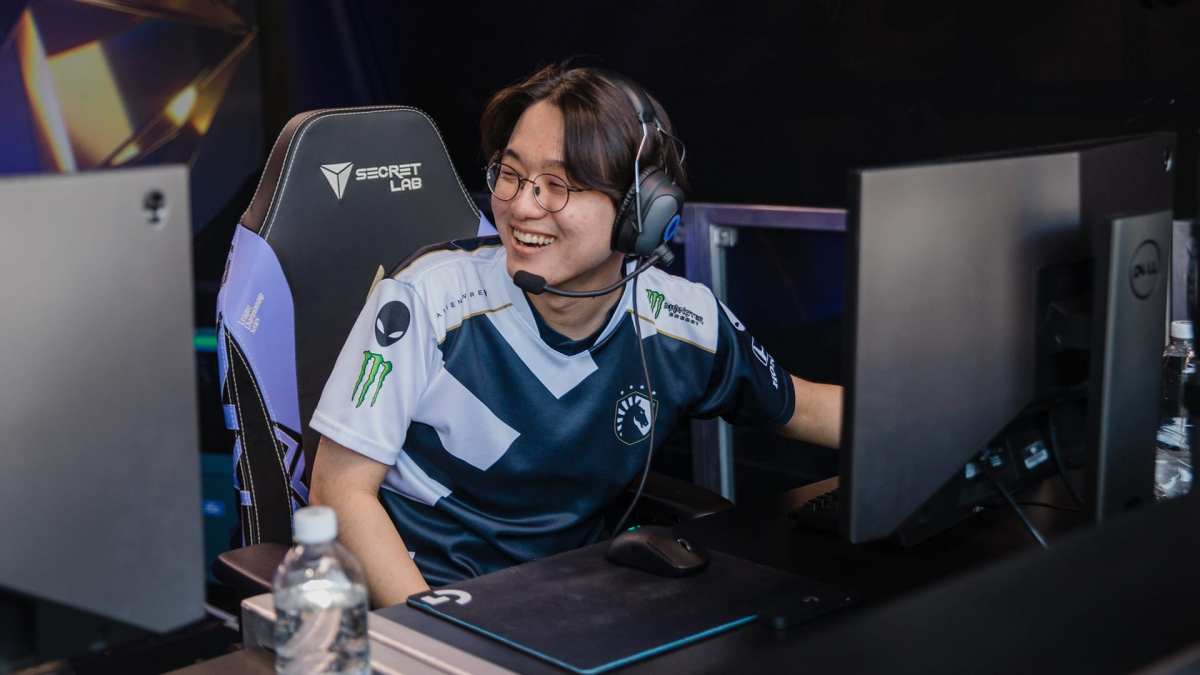
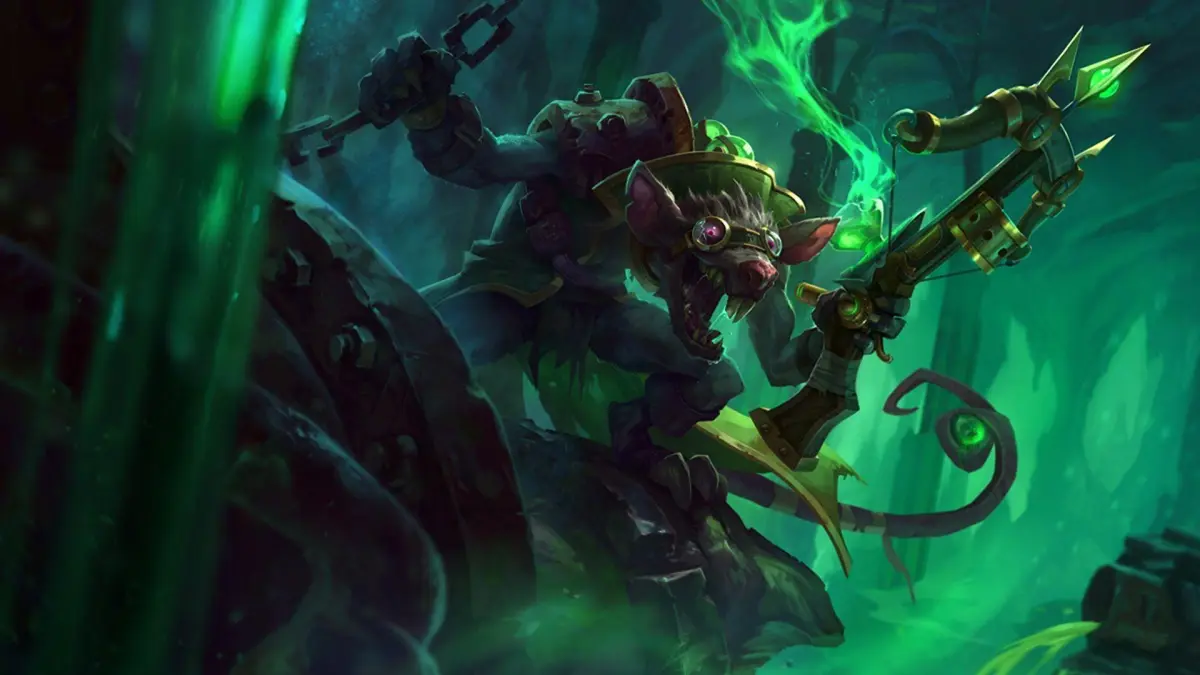
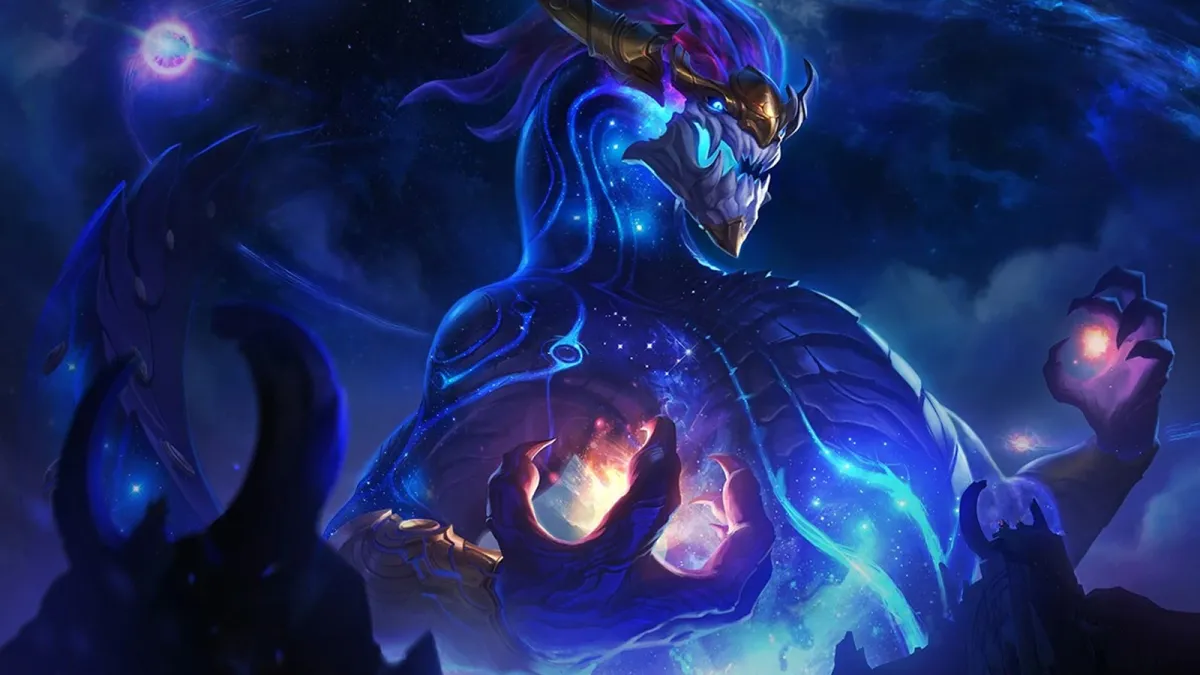
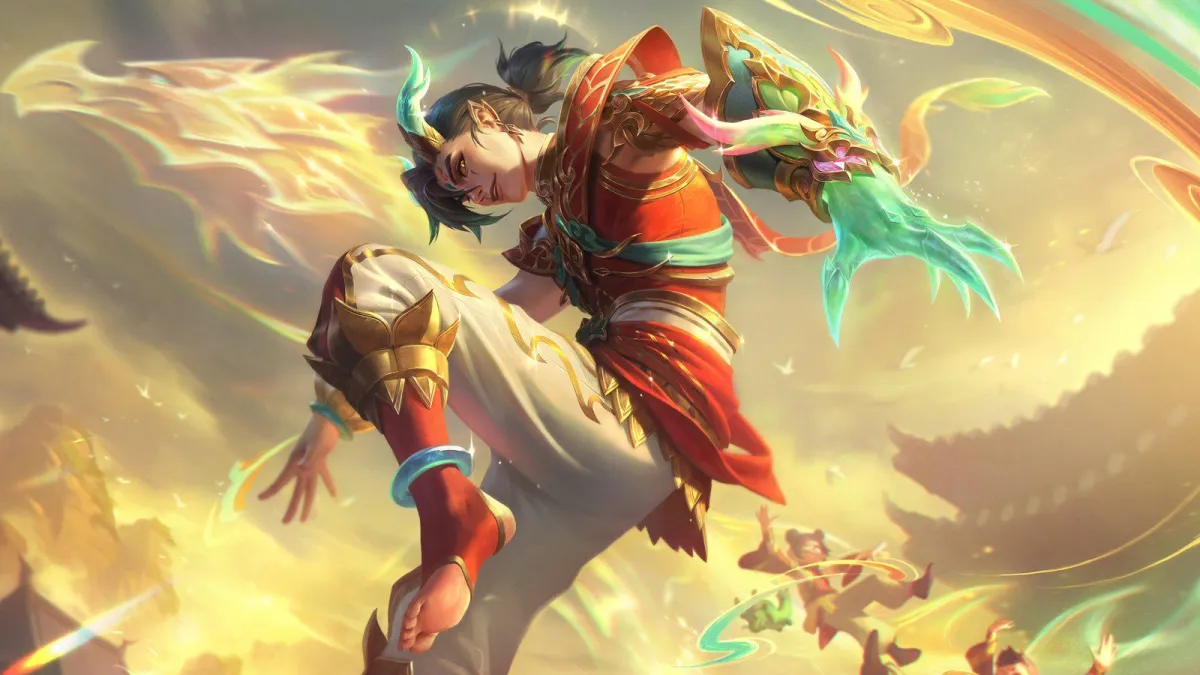
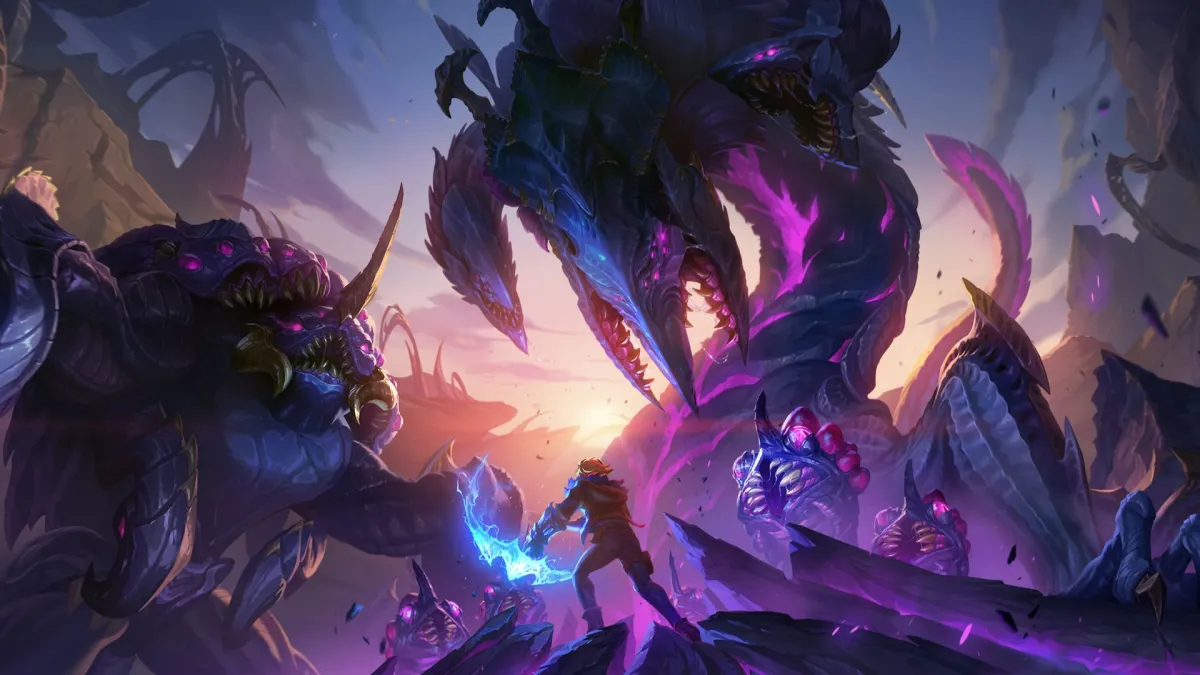
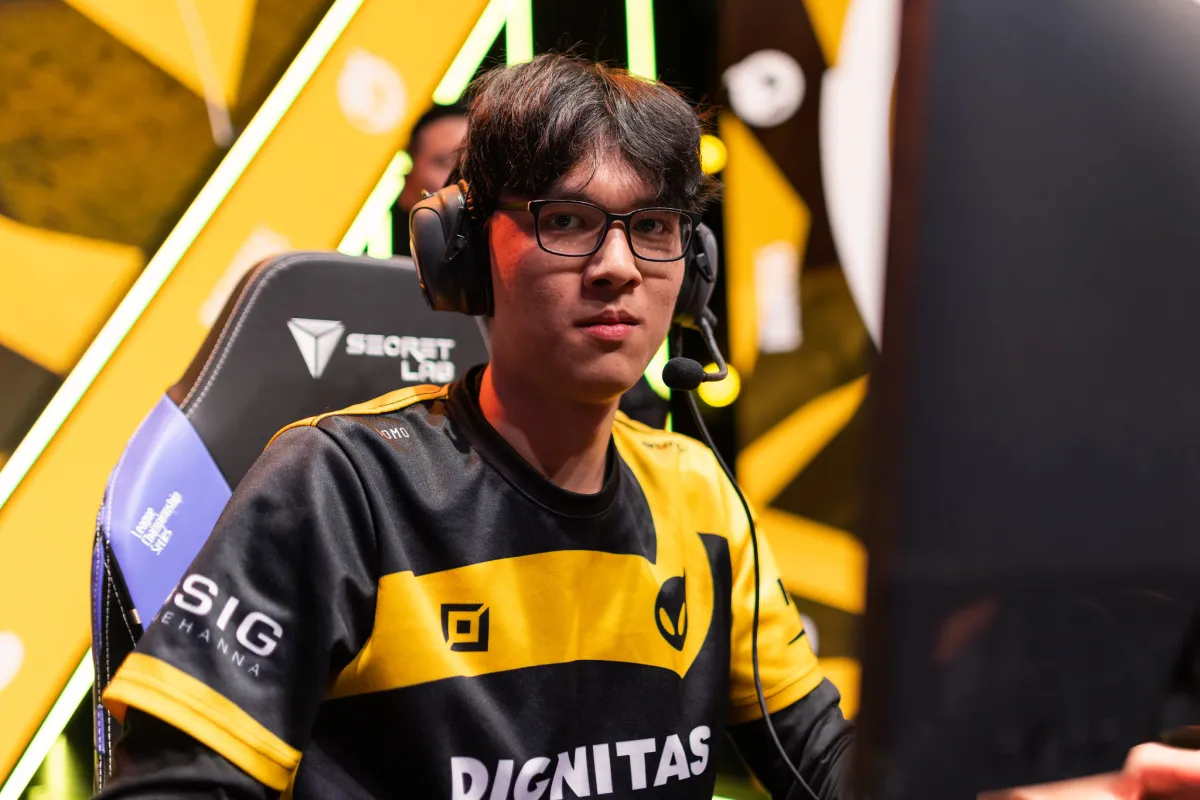
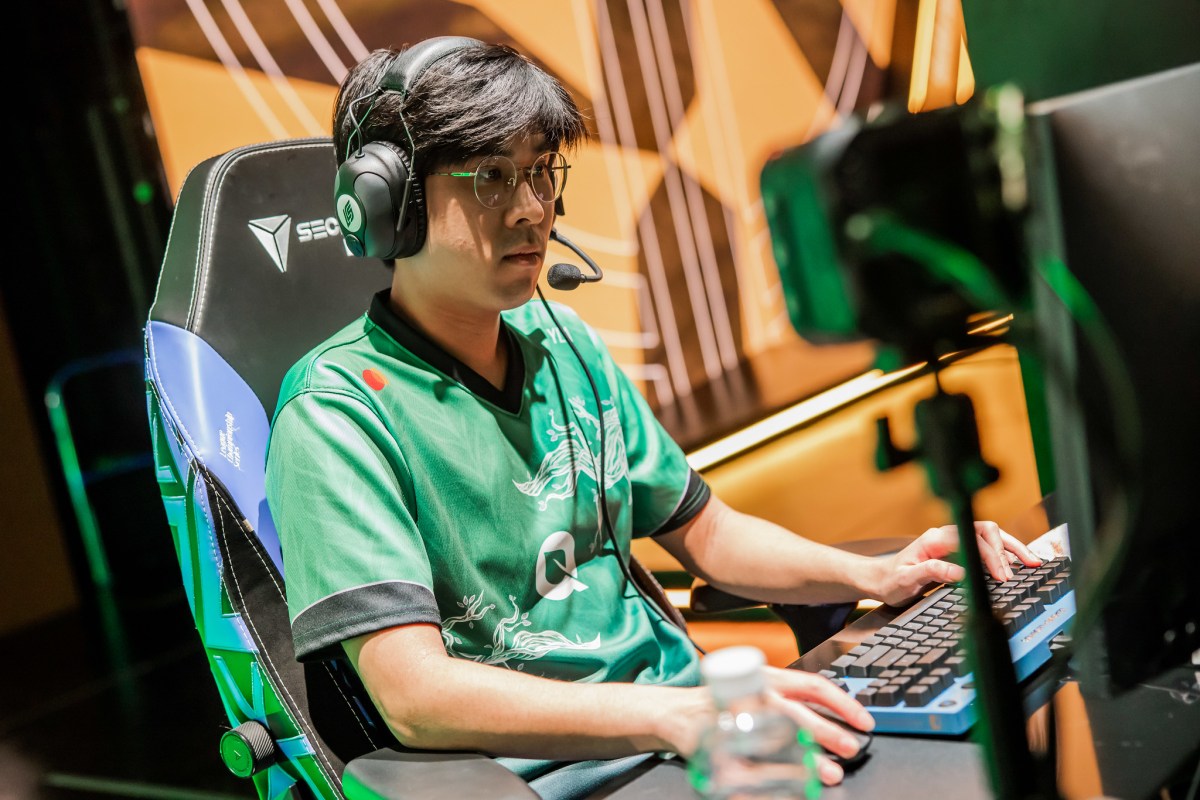

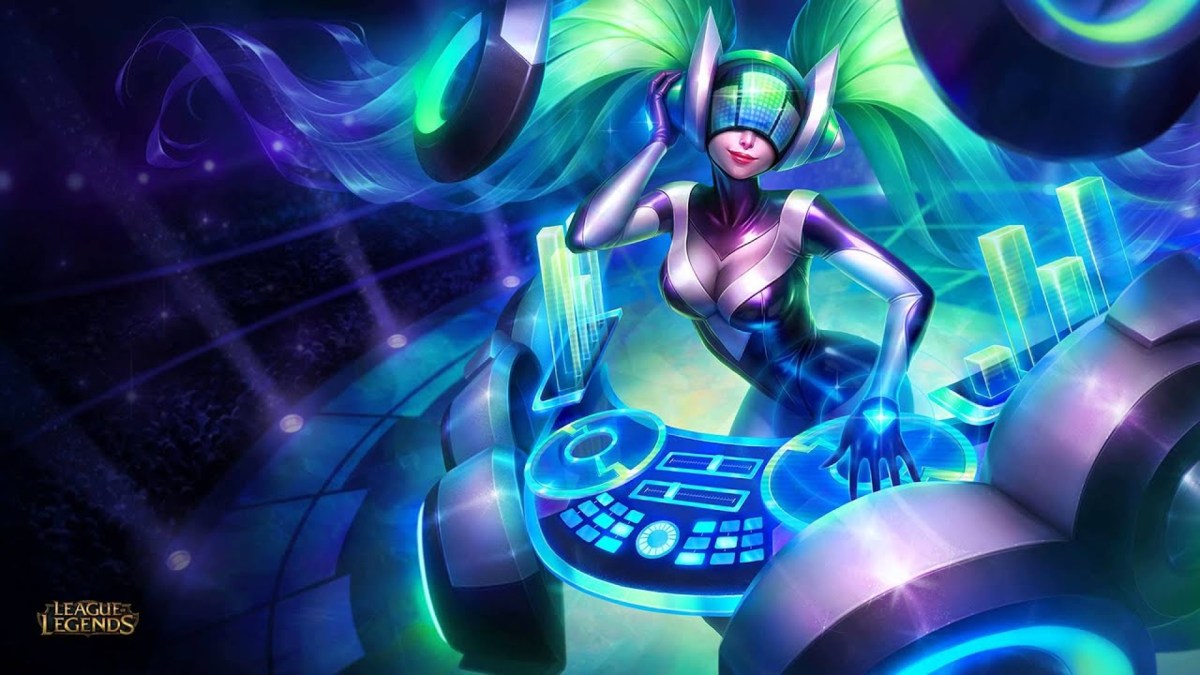

Published: May 26, 2021 01:00 pm